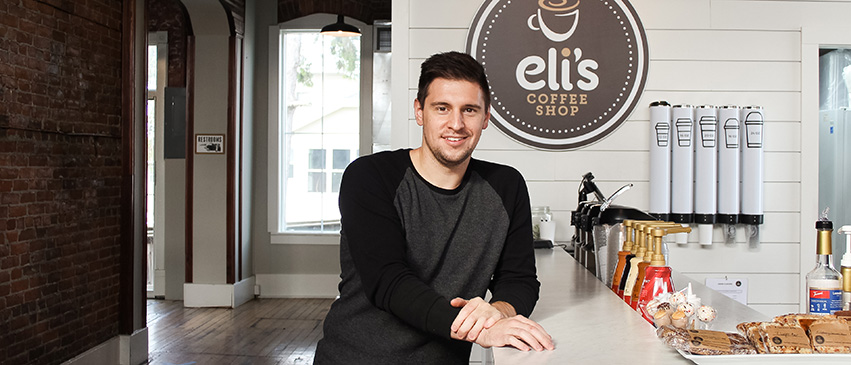“Once we get back to normal…” I’ve heard this phrase everywhere this year. It’s bandied about in business meetings and casually mentioned over family birthday parties. It’s the sound of people and companies putting dreams and plans on hold until normalcy returns. As a small business owner, our team and I have also talked about getting back to normal. After the shelter-in-place order was given last March, throughout a turbulent summer, and again in November as COVID-19 cases climbed in our region and restrictions were reinstated, our conversations began to shift.
It has become clear to us that “getting back to normal” may never happen.
Dramatic Cultural Whiplash
Whenever large-scale events shake the national zeitgeist, change happens quickly and often permanently. Recall September 11, 2001—perhaps the last time such a monumental event rippled through the prevailing culture. Overshadowing even the 2008 recession, 9/11 was the last time we were hit with such a dramatic case of cultural whiplash.
In times like this, larger companies help paint a picture of how our post-COVID future will look. How we shop, work and socialize has been dramatically altered. And already, some of these companies are responding:
- In June, Starbucks announced its plans to close up to 400 locations, while adding stores built only for carryout and pickup in urban areas. Starbucks’ vision is that “each large city in the U.S. will ultimately have a mix of traditional Starbucks cafés and Starbucks Pickup locations.”
- Disney recently announced a reorganization of its company, which in part, serves to prioritize streaming content, capitalizing on their very successful Disney+ streaming service. The announcement sent waves though the entertainment industry, doing nothing to alleviate concerns for struggling movie theaters.
- Finally, in October Microsoft outlined its plan to allow more employees to work from home, permanently. The company said they will “offer as much flexibility as possible to support individual workstyles, while balancing business needs, and ensuring we live our culture.”
Like 9/11, this is another moment of dramatic cultural whiplash, and the changes to our preferences and routines will not soon be forgotten. When the coronavirus crisis is behind us, will we so easily give up the convenience of curbside pickup? Will we go back to waiting at the checkout instead of ordering our groceries online? Will we want to cram back into the theater instead of streaming that new blockbuster film from the comfort of home? These are questions that large companies have been asking themselves for several months now, and small businesses should be watching closely.
Writing on the Wall
While we small businesses lack the resources of a Microsoft or a Disney, we can be more agile, and we have a much better connection with our customers. We live in the same towns and cities as our customers and can make quick adjustments to our offerings, processes or strategies, enabling us to better meet the new preferences of the post-COVID consumer.
For example, at Eli’s, we invested a significant amount of time and money into mobile ordering and curbside service at our shops. Rather than throwing together a temporary solution, we are leaning into these pickup options as a long-term strategy. Admittedly, our mobile ordering is far from perfect, but at least it is a start. We have also adjusted our hours and switched up our menu offerings to better reflect changes in demand.
While these steps have been well received by our customers, we have not gone without help. Early in the year, we were able to secure relief through the Payroll Protection Program. The money we received from the PPP loan helped us carry on for several months of dismal sales. Programs like PPP are a critical part of ensuring small businesses can continue to operate with heavy restrictions, and before the year is out, more federal relief will be desperately needed.
Additional federal aid will only help our businesses dig out of the disastrous year we are in, but how we meet the new tastes and preferences of our customers will be up to us. I would encourage my fellow small business owners to keep a weather eye on our country’s largest companies. They are making moves which signal a greater customer desire for on-the-go options, spending more time at home, and increased mobility in the workplace.
These changes should be the writing on the wall for small businesses. Let’s move away from the dream of “getting back to normal” and start leaning into the new normal which is already here. PM
Weston Berchtold is co-owner of Eli’s Coffee Shop, with shops in Morton, Tremont and Metamora. For more information, visit eliscoffee.com.




